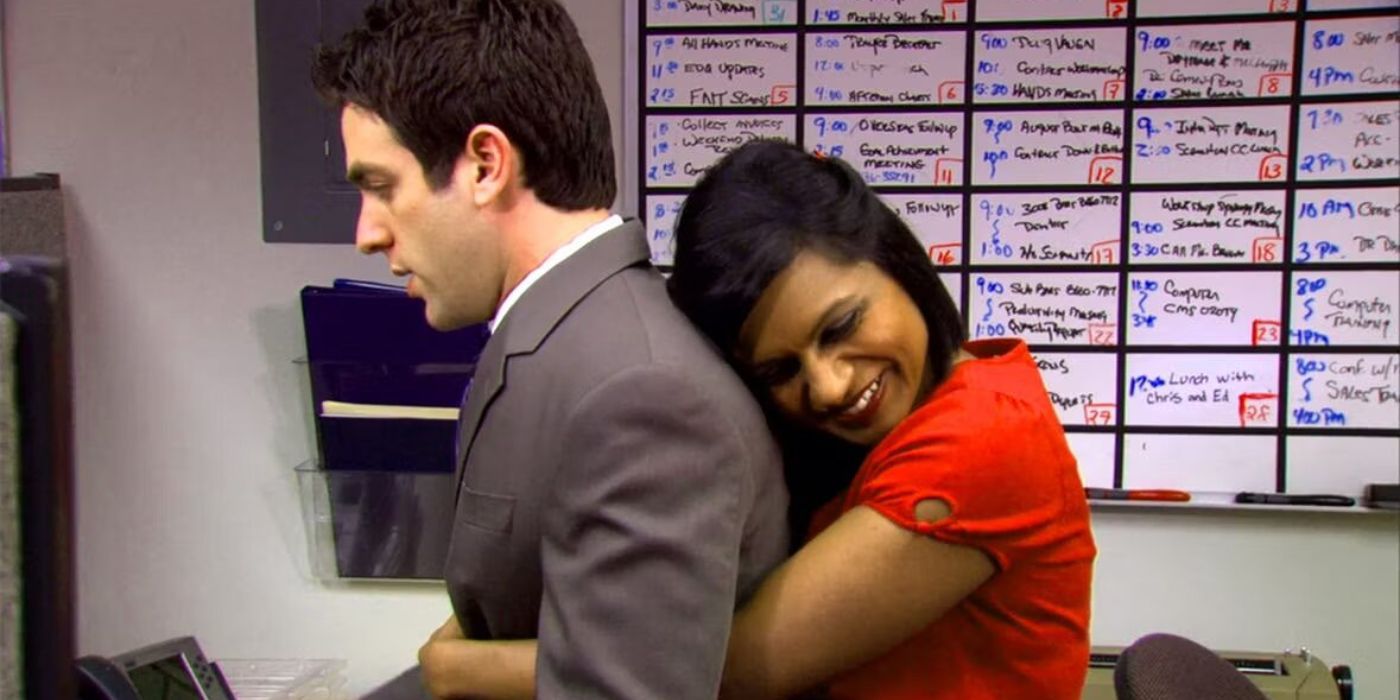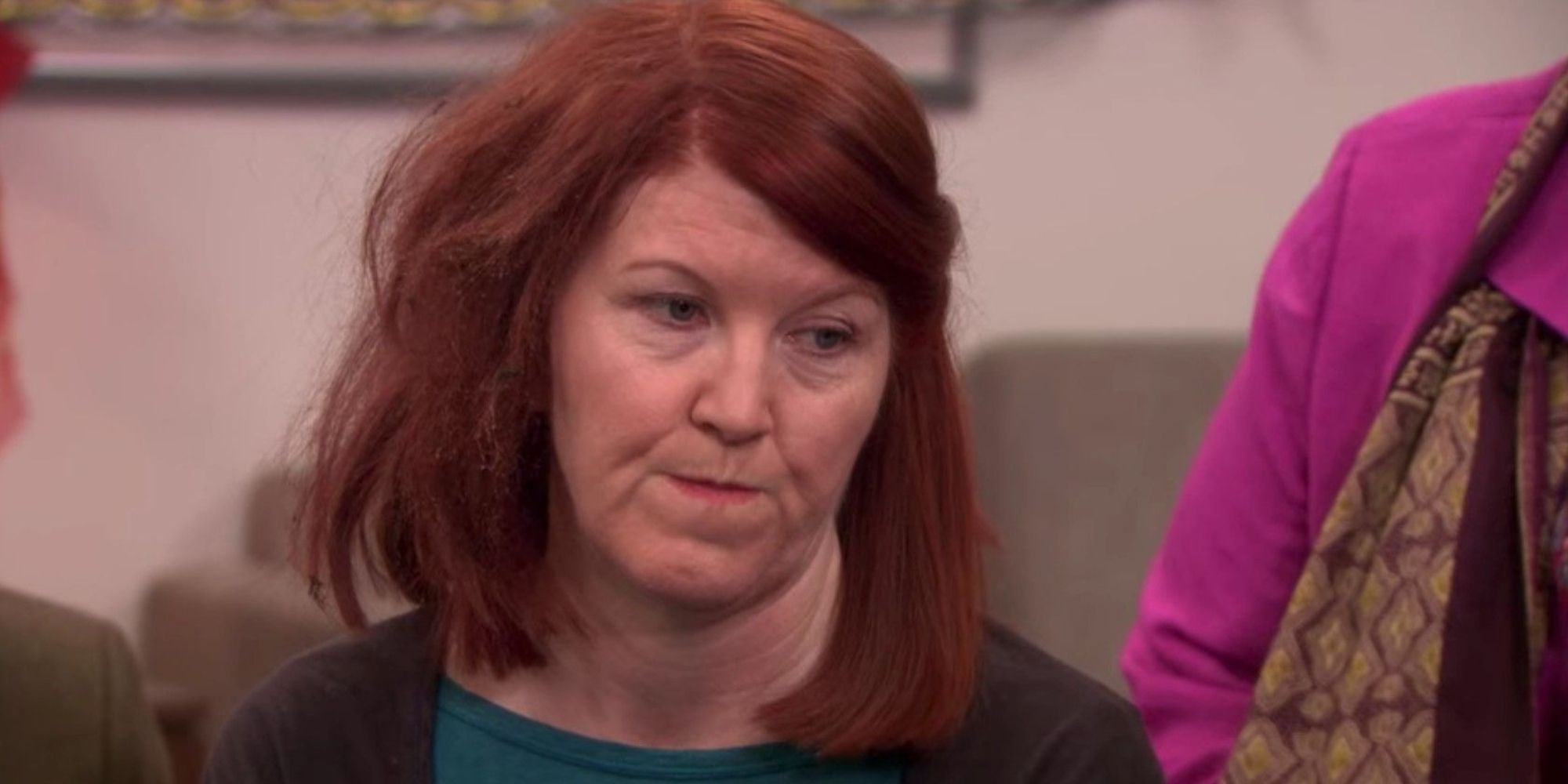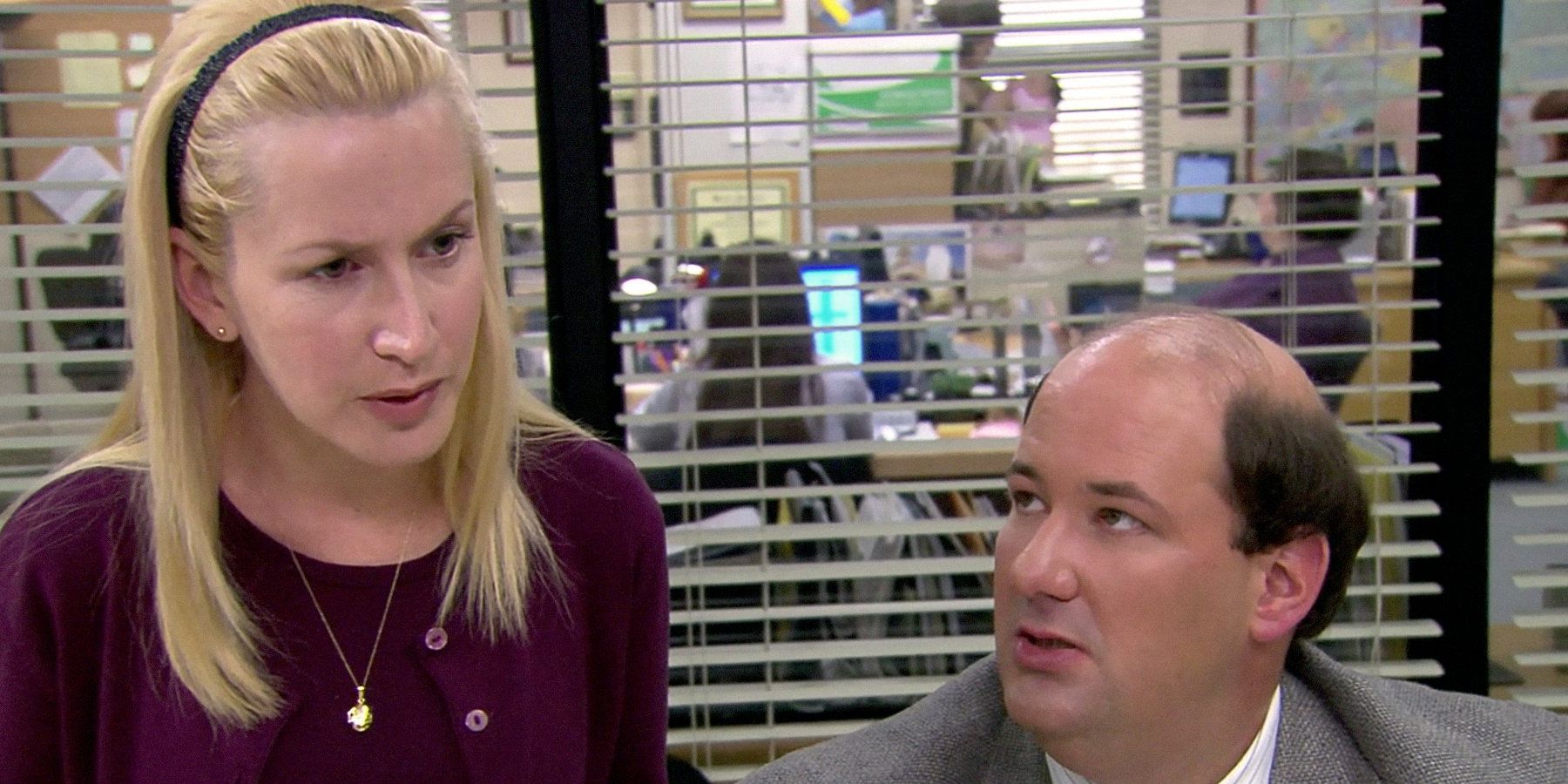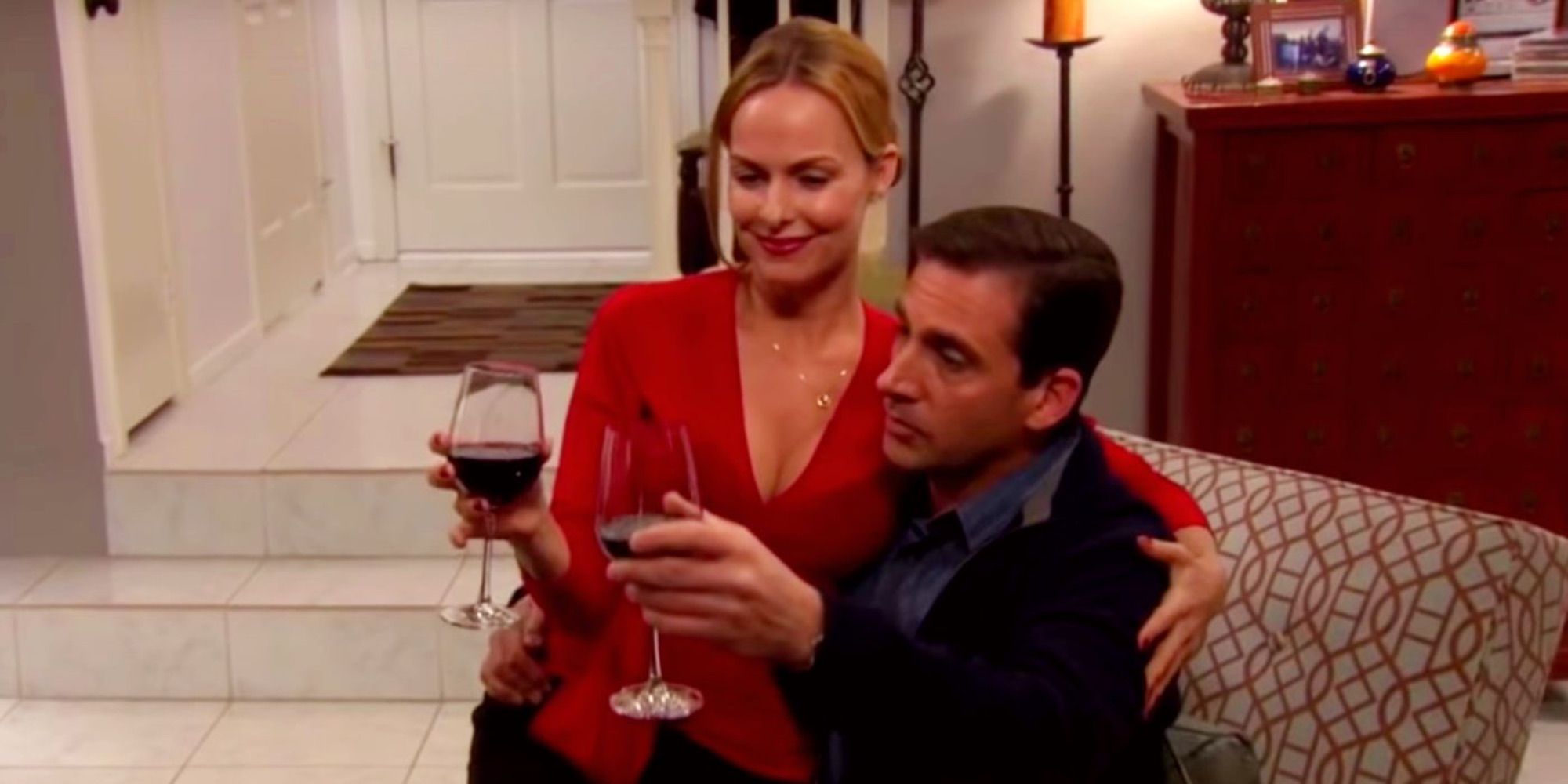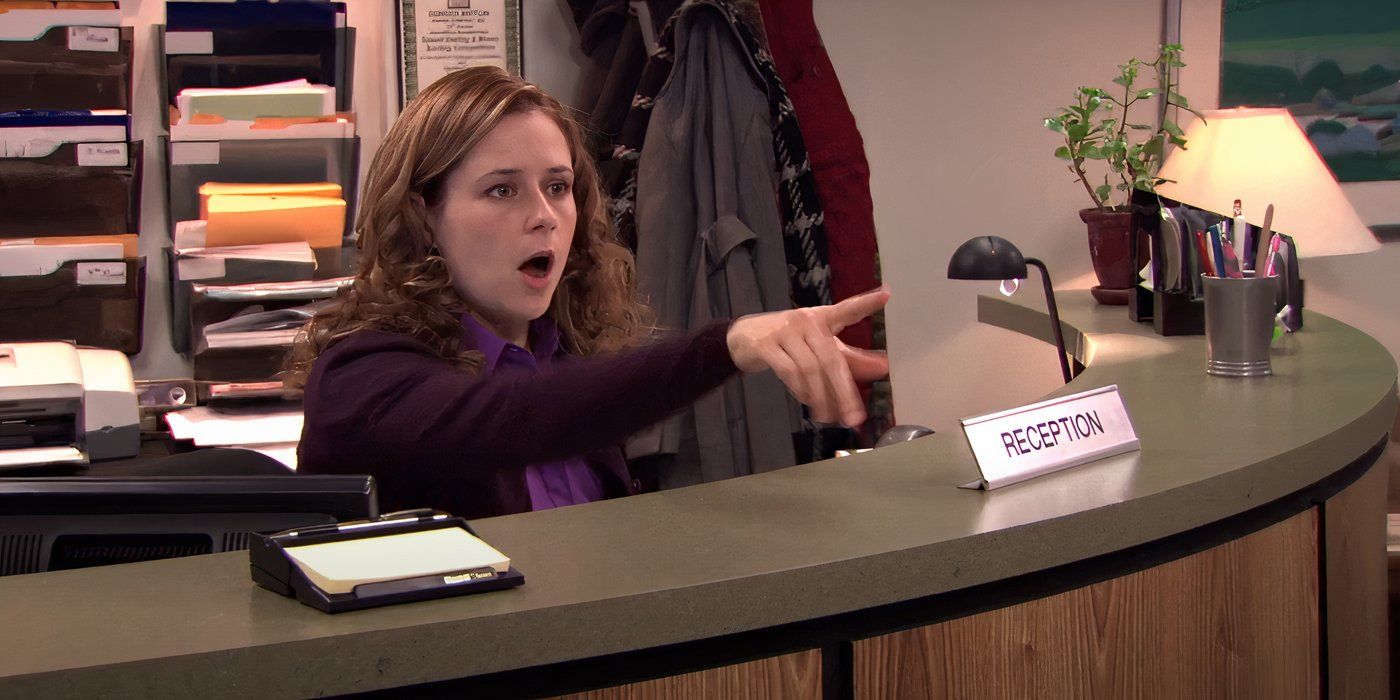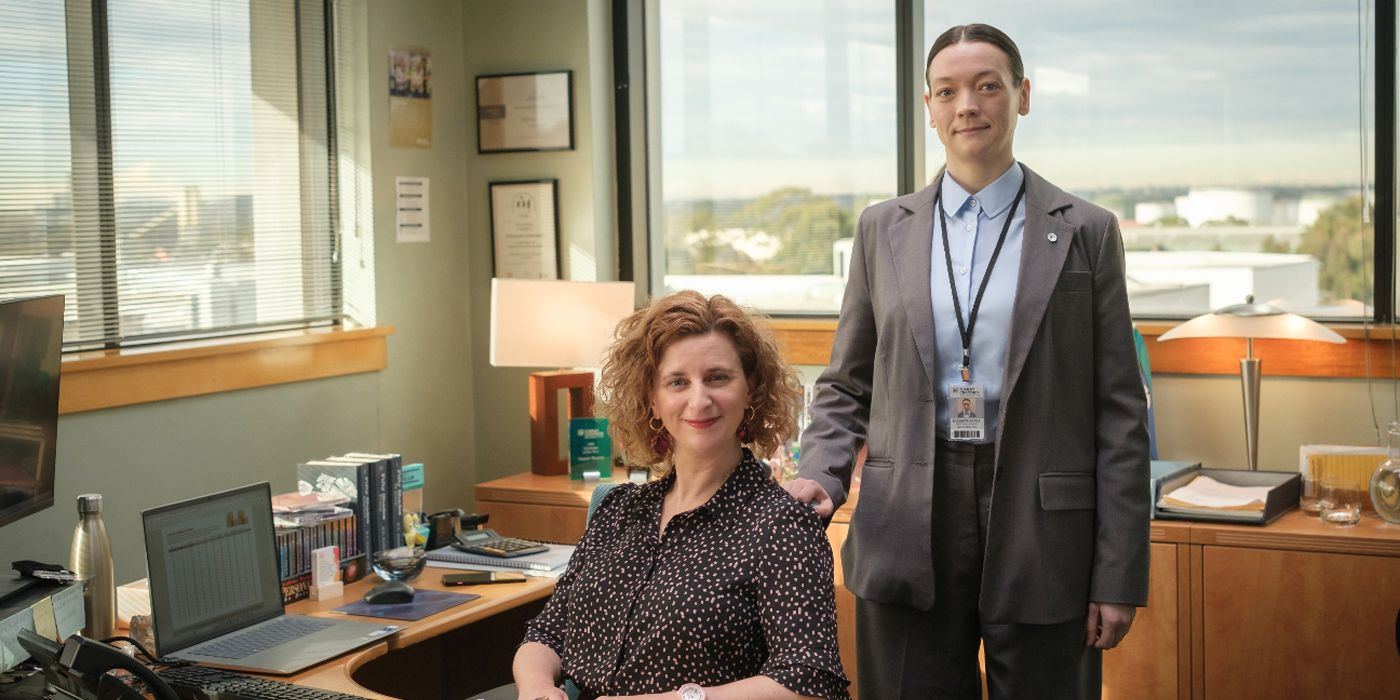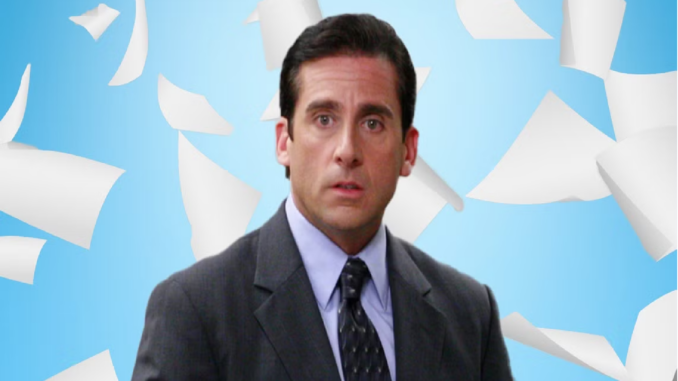
The Office is so popular that the concept has been remade for many different countries. Though it started in the UK with Ricky Gervais‘ David Brent leading a cast of eccentric characters, the story was soon redone for US audiences with Steve Carell‘s Michael Scott in charge of the workplace. However, the latest version of the story, The Office Australia, makes one major change that points out the biggest flaw of its predecessors, particularly the beloved US series. In this iteration, the boss is Hannah Howard (Felicity Ward), marking the first time a woman has led the show. Ward met sexist backlash by saying, “Of course, they’re gonna come for me.” The actress takes it in stride, having experienced this kind of hatred, and has continued to do her best as the character.
The treatment Ward has received is unfortunate but not surprising. Many women in film or TV face such comments, but in this case, it reflects on the show’s history. While it’s one thing to not yet have a female boss, The Office is fairly sexist itself, relying on unflattering stereotypes for its female characters. As fun as it is to watch Kelly (Mindy Kaling), Jan (Melora Hardin), and even Pam (Jenna Fischer), the series had an issue regarding its women. As the Australian version modernizes the formula to combat the issue, it only makes the reality more evident, proving that the change is necessary.
‘The Office’ Has a History of Sexism
While The Office is no stranger to offensive jokes, most are intentional. Michael Scott constantly makes cringe-worthy comments about race, religion, and gender that receive an appropriately disgusted reaction from his employees. However, the female representation in the show is lacking. Yes, there are several women, but they each fall into a negative stereotype, and many never get moments of complexity that show them to be more than they appear.
Kelly is ditzy, overly emotional, and often looked down on. Ryan (B. J. Novak), especially, belittles her, and she accepts it. Kelly briefly gets involved in the company’s management diversity initiative, but even then, she is manipulated first by Dwight (Rainn Wilson) and then by Ryan. But Kelly is only the beginning. Meredith (Kate Flannery) is shown as a trainwreck and teased for her alcoholic and destructive behavior when, in reality, it’s sad. The finale makes a joke about it, where the character reveals throughout the entire process that she has been getting a degree, which is never shown to be part of her character. Angela (Angela Kinsey) adds the stereotype of the cold, petty, and judgmental woman. Constantly looking down on others and often being cruel, especially towards Kevin (Brian Baumgartner) and Phylis (Phyllis Smith), Angela abuses her power as head of the party planning committee.
None of these personalities are shown in a particularly positive light, and they are often made into a joke. Still, the worst of all is Jan. Initially introduced as a put-together corporate woman, Jan quickly changes into a self-centered and toxic character. Despite her initial position of power, she is not a reliable employee, and as she gets involved with Micheal, she takes a startling turn until she is screaming and throwing things at him. Jan’s devolution into an abusive and unstable character makes any feminist ideas she may at first represent mute.
Even Pam, the most prominent female character on the show, fits into patriarchal standards as she is submissive and unambitious. She admits she never wanted to be a receptionist, but she held the job for years. Pam is a quiet presence, which isn’t all bad. Though she certainly has things to figure out in her love life, she is kind and nurturing. While her characterization is not nearly as problematic as the others, Pam’s personality does nothing to rectify the sexist female representation throughout. Her character isn’t innately sexist, but as the only remotely positive female character, it is not enough.
How Has the Australian Version of ‘The Office’ Avoided This Issue
While it’s too early to say that stereotypical depictions of women will never be a problem for the show’s latest version, it is taking a huge step forward. Hannah Howard is a woman who claims an interest in “promoting women into positions of power,” and even if that is for show, it is a step up. Another change that can help the issues is that the Dwight character is Lizzie (Edith Poor), an ambitious woman who offers a twist on Dwight’s personality. Based on a character written for a man, Lizzie will have an easier time avoiding similar treatment. Realistically, the world has come a long way in the decade The Office has been off the air, and the new version could never be the same. These twists open new doors for the series and help steer clear of past failures.
The Office is streaming on Peacock in the U.S.
